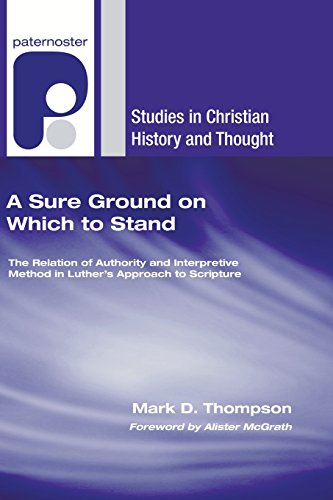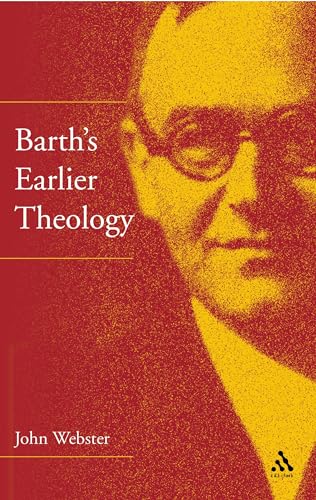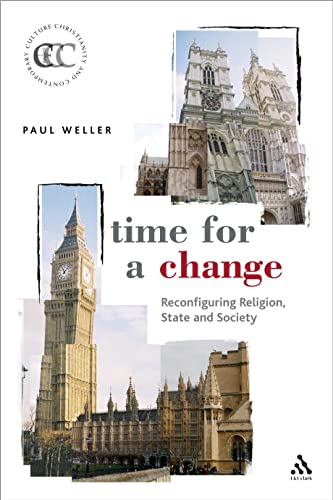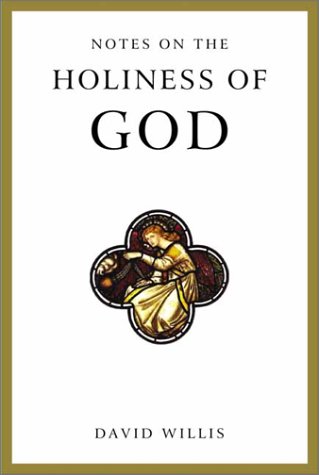Paul And The Gentile Women: Reframing Genesis
Written by Tatha Wiley Reviewed By Christoph StenschkeThe first three chapters of this volume offer an excellent introduction to the recent discussion of Paul and his theology in view of the so-called ‘new perspective’ on Paul (13–33). Wiley ably describes Paul’s context (34–53, his commissioning, Jewish pluralism in Paul’s time, his zealous faith and symbolic horizon as well as Jewish restoration eschatology and the expectation of a new creation. In ‘Challenges and Challengers in Galatia’ (54–77) Wiley outlines the origin of the Galatian assemblies, the significance of Jewish missionaries and Gentile proselytes, Gentile converts, the problems Paul faced, the reason and extent of Paul’s polemic against his opponents as well as the issue of their nature and message. Their ideal was covenant fidelity for Gentile Christians; therefore they demanded that Gentiles become full members in Israel in order to participate in the salvation brought by Jesus.
In chapters 4–5 Wiley addresses Paul and the Gentile women in Galatia and presents her thesis. She asks what consequences the proclamation of Paul’s opponents in Galatia would have had for the Gentile women in Paul’s assemblies if they succumbed to it. In ‘Women in the Galatian Assemblies’ (78–102), Wiley briefly describes that relationship between gender and Thora, the status of Greco-Roman women, the position of Jewish women in the Diaspora (three sections that in view of their significance for Wiley’s thesis should have been far more detailed and draw more on primary sources!) and their exalted status of full equality as women proselytes in Pauline communities (though there were also non-proselyte women in Paul’s churches). Then she outlines the treat to the Galatian Gentile women presented by Paul’s opponents. By becoming Jewesses they would lose all the equality privileges associated in Wiley’s understanding of Paul’s gospel and churches and would come under the yoke of the gendered dictates of the law and patriarchal Diaspora Judaism. Paul was ferociously opposed to this. Wiley raises some interesting questions. However, her answers could have been published adequately as a short article rather than as a book.
In her concluding chapter Wiley sets out to recover Paul and the gospel (103–122). She explains Paul’s pregnant silence about women, questions what she considers a ‘doctrinal reading of Paul’, wonders what the males in the Galatian congregations were thinking and outlines a different gospel.
While I recommend the first chapters, Wiley’s later sections raise a number of serious issues. The underlying assumption (which is not argued in detail and which keeps being challenged to this day with some good reason) is that Paul was keen for gender equality—i.e. Galatians 3:28 is Paul’s magna carta. Taking into account all of Paul’s letters and also Galatians 3:28 in its context (Paul refers to equality of all people in salvation!), I believe that Wiley’s case needs more justification. However welcome and politically correct, it is not an unquestionable axiom to build on.
This assessment of Paul and his opponents reflects its author for whom Paul was a true champion of the official values of post-modern Western societies. Was Paul really rejecting male privilege whereever he encountered it and was he a real champion of gender equality who did everything to counter any threat to it? Was he as much concerned about equality, female leadership, etc. as he was about salvation or the end of the world? The ‘other’ Paul contradicting Wiley’s understanding of Galatians 3:28 (who would write unacceptable things like household codes and atrocities such as 1 Tim. 2:8–15 or 1 Cor. 14:34) is obviously Deutero pauline (121). Similarly questionable is Wiley’s sombre assessment of first century Judaism (Israel and Diaspora, 80–85) in view of post-modern feminist values. Was it perceived back then to be so gender-oriented, patriarchal and suppressive? If Judaism was so negative for Gentile women, why were many Gentile women attracted to it, e.g. Acts 13:50? Does Wiley’s description of the positive role of women in Diaspora Judaism on pages 89–91 not undermine her thesis?
Christoph Stenschke
Missionshaus Bibelschule Wiedenest







